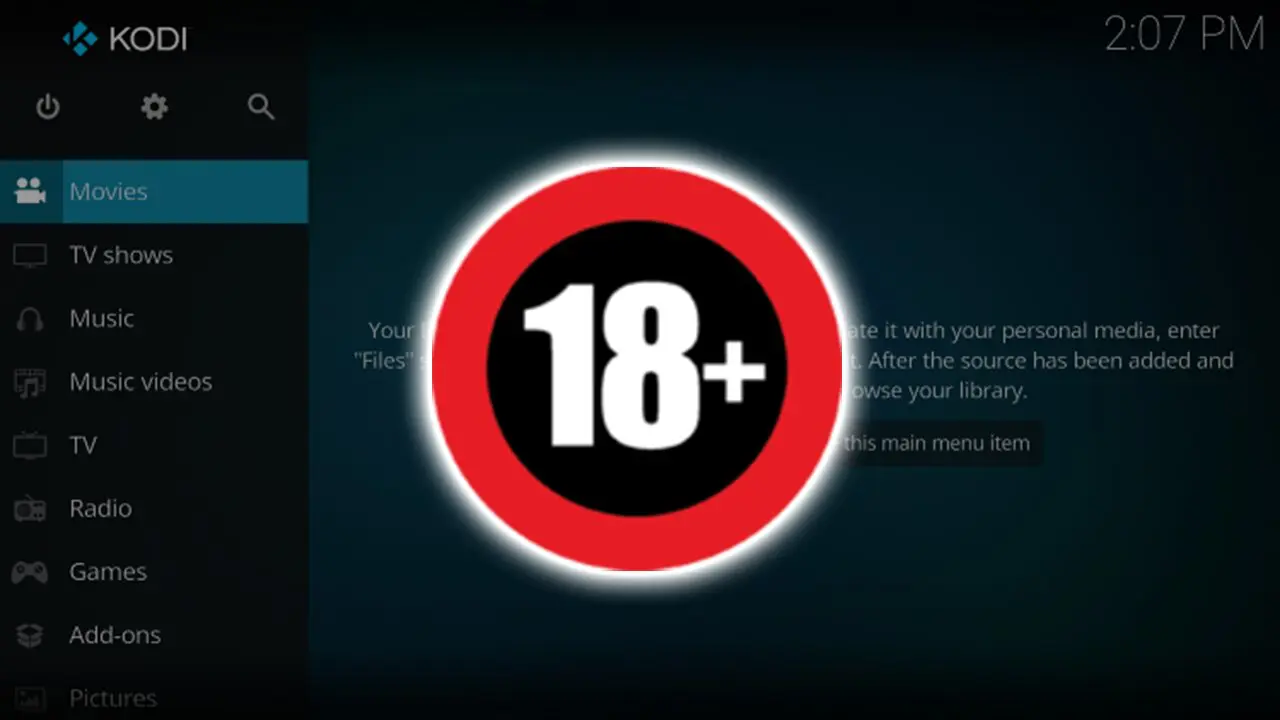- A man who won a massive amount of money on a mobile gambling game will receive it.
- The High Court in the UK decided that the software glitch that resulted in the winnings doesn’t apply to the terms and conditions.
- Thus, denying payment on the ground of liability exclusion is invalid and contrary to consumer rights.
Three years ago, Andrew Green decided to give a mobile game called “Frankie Dettori’s Magic Seven Blackjack” a try. After playing for a while betting real money, Green found out that he was able to win pretty easily, so he continued and bet more aggressively, and in the end, he had £1,722,500.24 worth of betting chips.
Deciding that this was enough, Green went on to withdraw the money but found that he couldn’t. When he contacted Betfred, the firm behind the game, they told him that they were not going to pay him because, simply put, all his winnings were the result of a glitch in the game’s code.
Infuriated by this, Green read the terms of conditions of the game, finding Clause 2.4, which says: “Customers may withdraw funds from their account at any time providing all payments have been confirmed.” Having this clause as a spearhead, he launched a legal battle against Betfred.
The company attempted to defend by saying that payments out of chip balances are not applicable, meaning that users may only receive the max of what they have loaded onto their accounts for betting. Additionally, Betfred claimed that defects in the game or any malfunction should constitute a valid reason for liability exclusion.
The High Court in the UK reviewed the case, and considered the following three main points:
- The natural interpretation of the clauses relied upon and whether they excluded liability.
- Whether the clauses were incorporated into the contract between Betfred and the customer.
- Whether Betfred was able to rely on any (or all) of the clauses to exclude liability.
The language used in the terms could only exclude Betfred if there were obvious malfunctions in the game, like connectivity issues that are obvious to the consumer/user. Green had no way of knowing that he was winning thanks to a bug in the game’s code, and so Betfred cannot be excluded from liability to pay the player.
Additionally, the court concluded that Betfred’s attempt to evade liability constitutes a violation of the Consumer Rights Act 2015, as the clauses in the terms and conditions were not fair or transparent and their importance to the customer was not prominent enough. In summary, the mistake is Betfred’s alone, and so the gambling operator will have to pay the full amount of Green’s winnings.
It is possible that Green wasn’t the only person who won massive amounts of money on “Frankie Dettori’s Magic Seven Blackjack” and was subsequently denied payment back in 2018. Not everyone has the resources and energy to go through a legal battle with a large betting company, but this case shows that it is worth the trouble when the contract terms are blatantly violated.

























